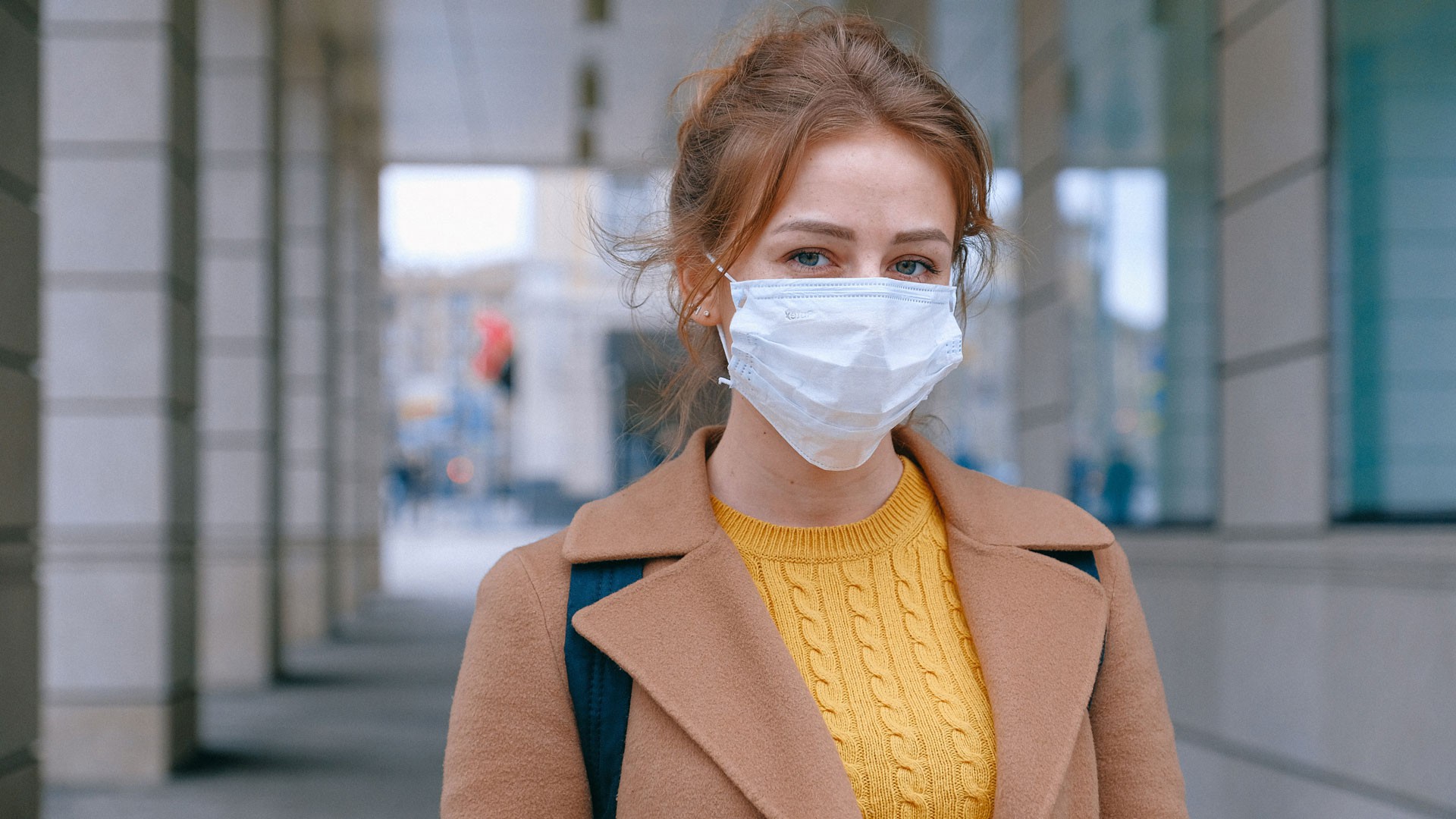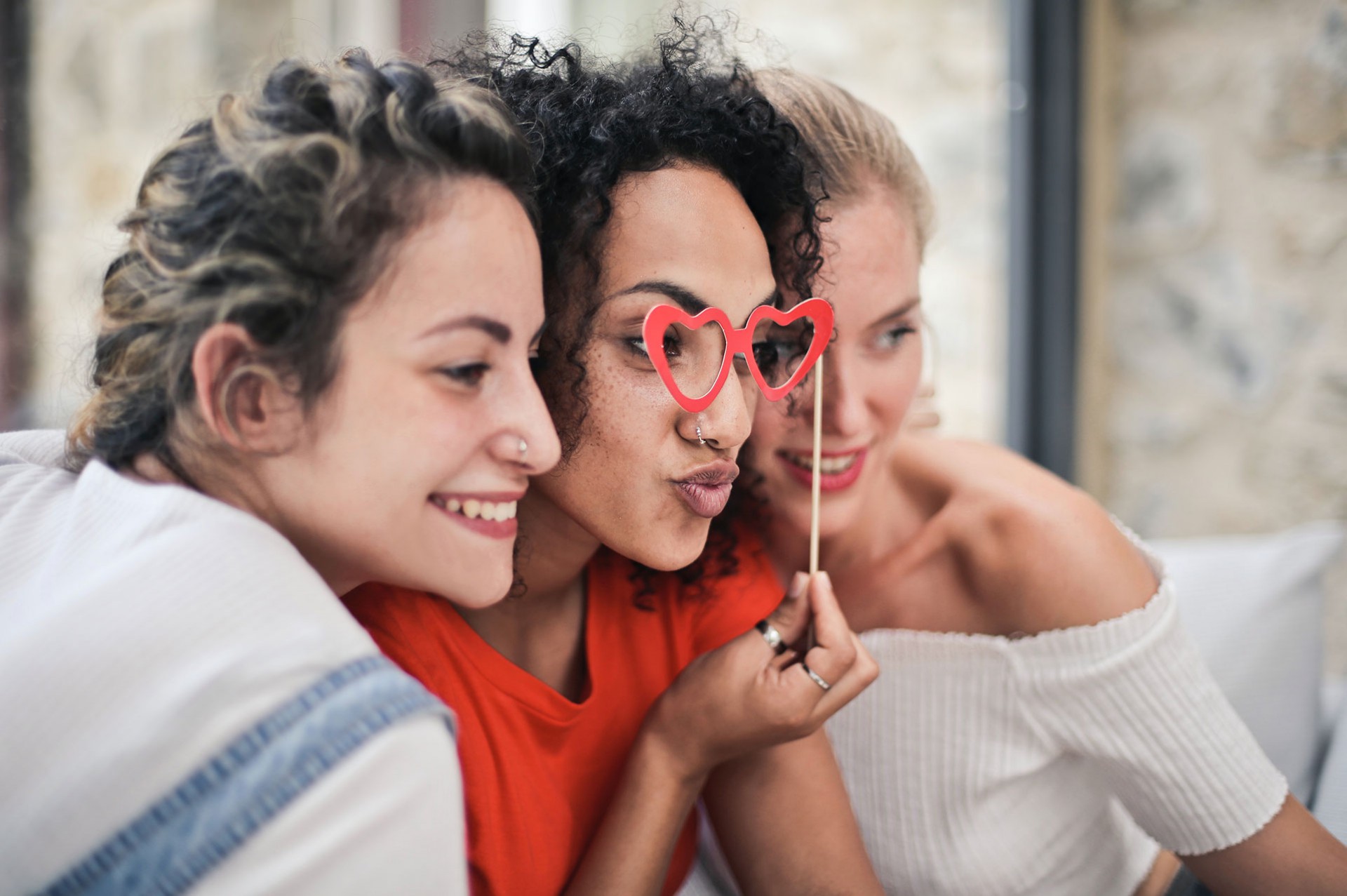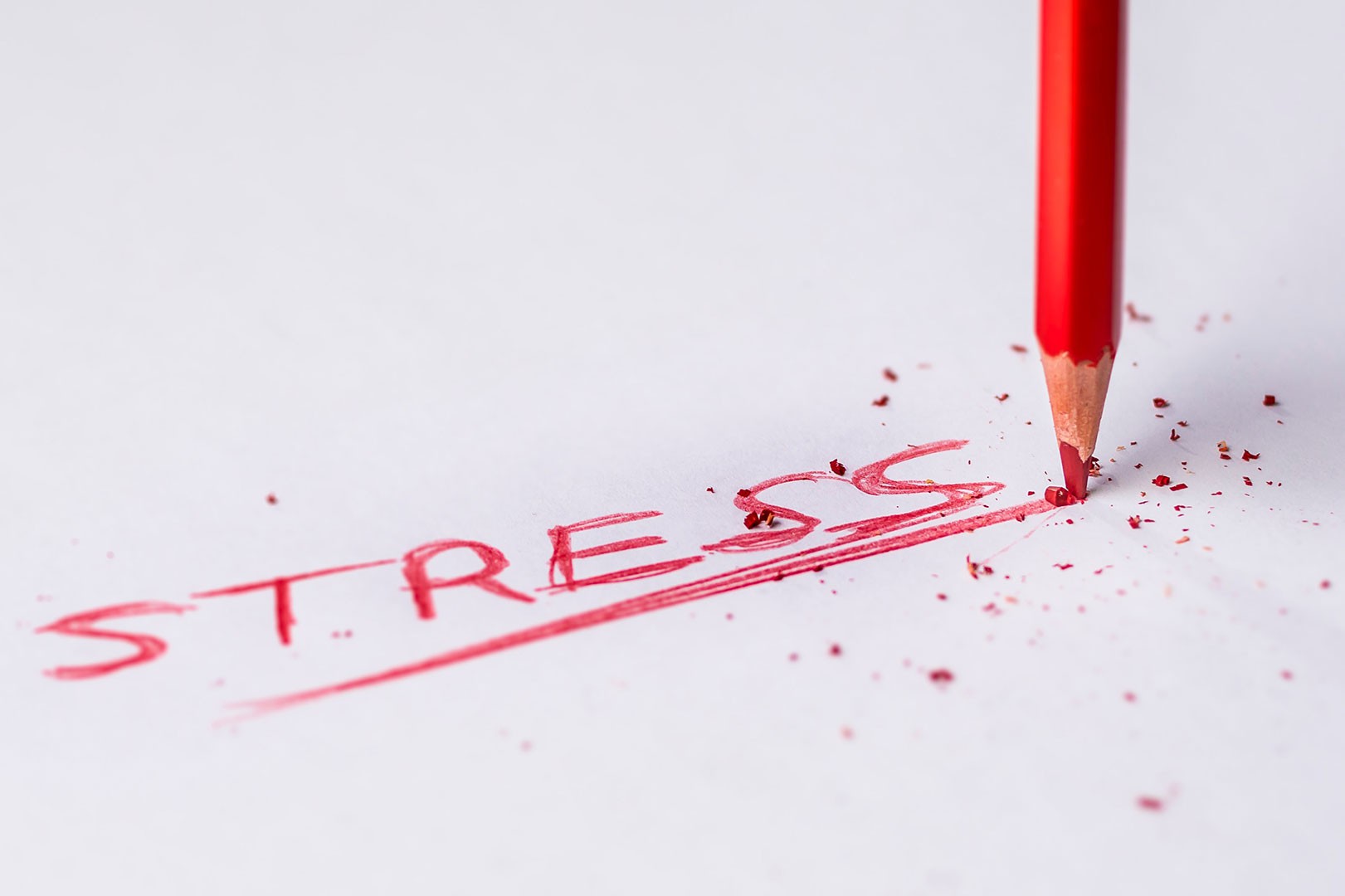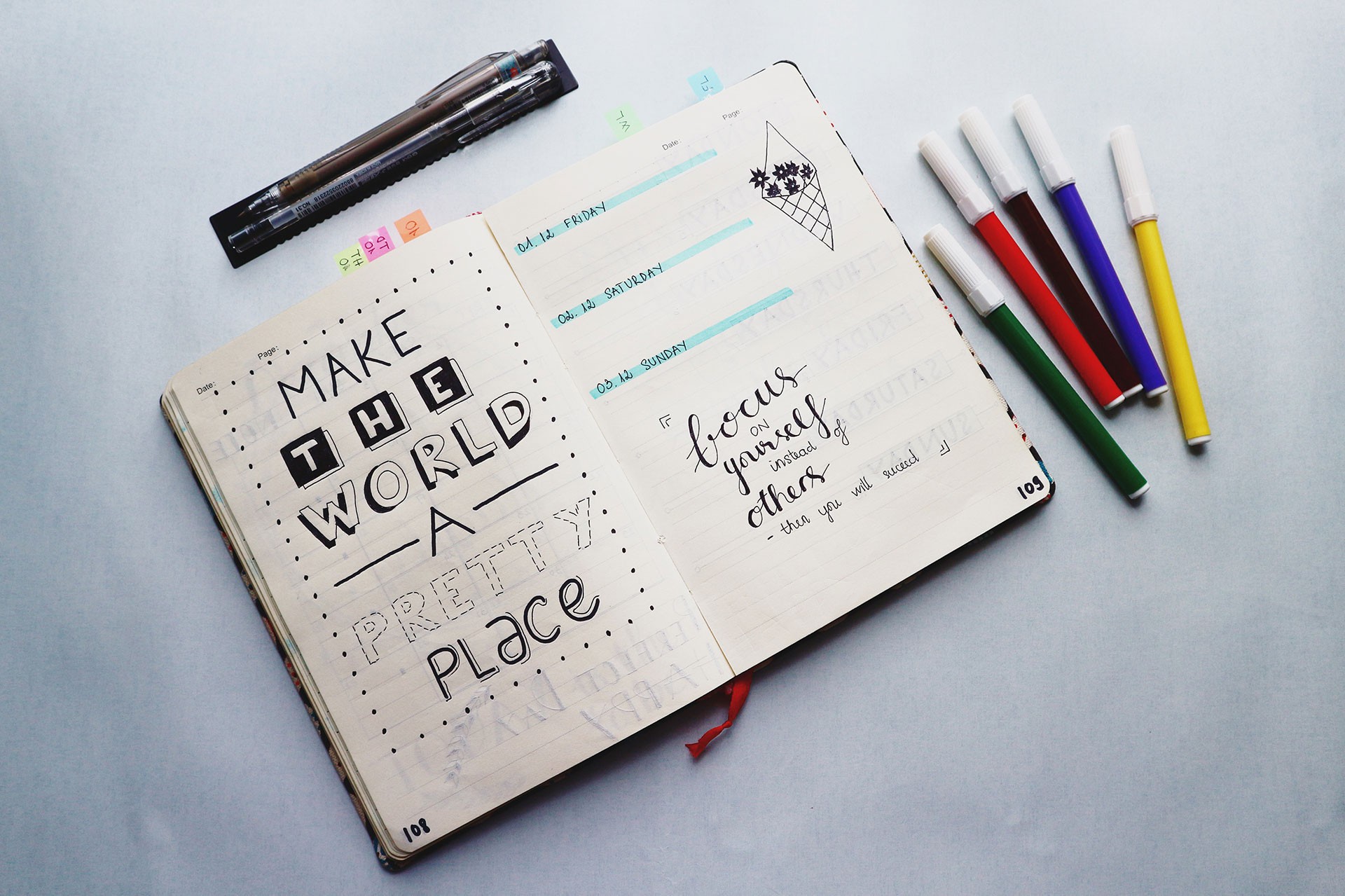
29
MarSix useful tips on mental health and wellbeing during Coronavirus Part 1
Dear patients,
I am writing this document to tell you that I care deeply about you and I am committed to supporting your mental health and general wellbeing during these difficult times.
Many of you have already reported feeling worried about coronavirus and how it would affect your loved-ones and yourself. If you are currently experiencing strong feelings, including anxiety, fear, stress or frustration, you need to know that you are not alone. Reactions like this are normal in times of uncertainty and will decrease and/or disappear when this situation will be over. Please note that your usual symptoms might be amplified. For example, if you are undertaking a therapy for depression, depressive symptoms such as feeling slowed down or not feeling cheerful might increase. This does not mean that you are not making progress or you are failing in your treatment. For those of you who are undertaking individual therapy, we are going to monitor symptoms’ variation through the Hospital Anxiety and Depression (HAD) Scale and comment on specific items. For those of you who are undertaking couple/family therapy, I am going to ask you specific questions related to the ongoing situation at the beginning of each session and identify its potential impact on the couple/family dynamics.
I am sharing with you some useful tips that you might consider.
Stay connected with friends and extended family: you can set up video / phone calls and plan how to stay in contact with your loved-ones. Applications such as Skype, Zoom, FaceTime, WhatsApp, Viber, Messenger, and Google Hangouts enable you to organise individual or group calls. Google Hangouts for instance enables you to send a link to invite participants, which is useful for the older family members who are not familiar with technology.
Stay connected with your family: you will probably spend the next few weeks self-isolating with your partner and children/stepchildren. Take a moment to acknowledge your feelings and tell them how much you love them. Remind yourself that you are not alone. Be open with people you trust and take time to listen to them. Keep in mind that they are also adjusting to this current set of circumstances. They might feel worried and frustrated. Be patient and pay a greater attention to the family dynamics. Defense mechanisms[1] such as displacement (you bring external frustrations and negative feelings into your close family circle), projection (you project your feelings onto your loved-ones), rationalisation / intellectualisation (you have your own theory of the current situation and you would like your family to agree with you, especially family members who have a different opinion) might provoke tensions that you do not need right now. Listen to each other and respect each other’s vision. As discussed with some of you, you can create a ‘family council’ to talk about the new situation with your children/stepchildren and make decisions together. Always include your children/stepchildren in the discussions. This will make them more responsible and will increase their reflection and problem-solving skills. It is also important to set up protected space and time for family activities.
To access part 2 of this series of 3 articles, please click here.
Do not hesitate to get in touch if you need me. My working schedule remains unchanged during the Coronavirus outbreak.
With warm wishes,
Dr Ivanka Ezhova (check biography here).
[1] Defense mechanisms are strategies that you unconsciously and automatically put in place to protect yourself from potentially negative and painful situations. You are not aware that you are using a certain defense mechanism.
- 29th Mar, 2020
- Coronavirus & mental health











